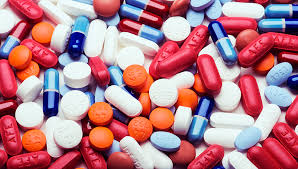MARPs, Key and Vulnerable Populations Strategic Public Health Work in Uganda: 25 Lessons to Share with You

MARPs, Key and Vulnerable Populations Strategic Public Health Work in Uganda: 25 Lessons to Share with You This is a collection of lessons learnt from the Grassroots Based Communities around HIV, TB, Malaria and COVID-19 Response and Recovery. Lesson #1: All PLHIV need to receive TB preventive treatment #StopTB #StopMalaria #StopHIV Lesson #2: All PLHIV need to receive ARVs and take them promptly #StopTB #StopMalaria #StopHIV Lesson #3: Antimalaria Support services and products are necessary #StopTB #StopMalaria #StopHIV Lesson #4: 6M PLHIV need ARVs/targeted person-centered care #StopTB #StopMalaria #StopHIV Lesson #5: In Africa 322 000 children and young adolescents (aged 0—15 years) living with TB #StopTB #StopMalaria #StopHIV Lesson #6: Africa has a third of tuberculosis cases among those under 15 years #StopTB #StopMalaria #StopHIV Lesson #7: Among children under five just around a third (32%) are diagnosed #StopTB #StopMalaria #StopHIV Lesson #8: Childhood t...


